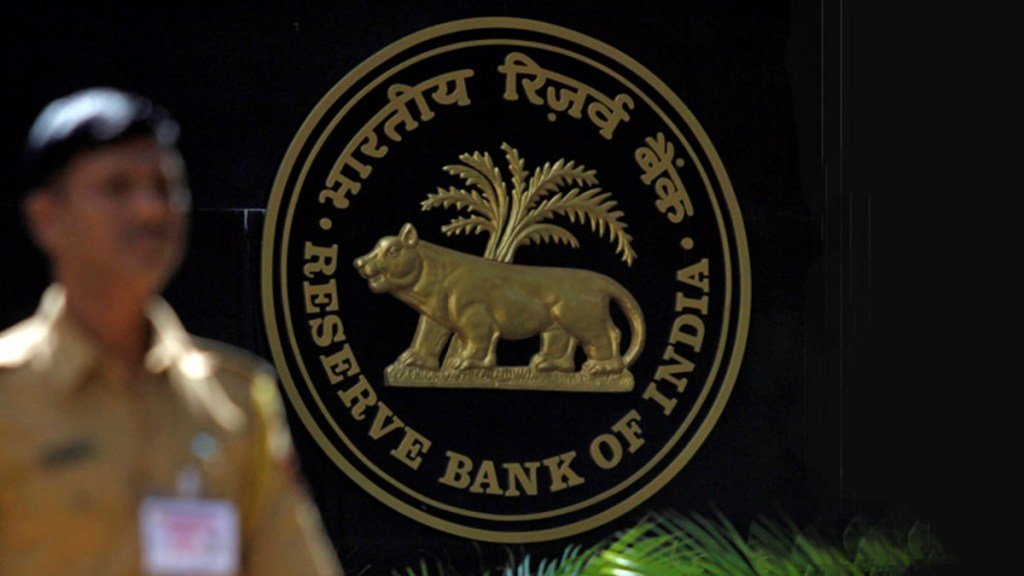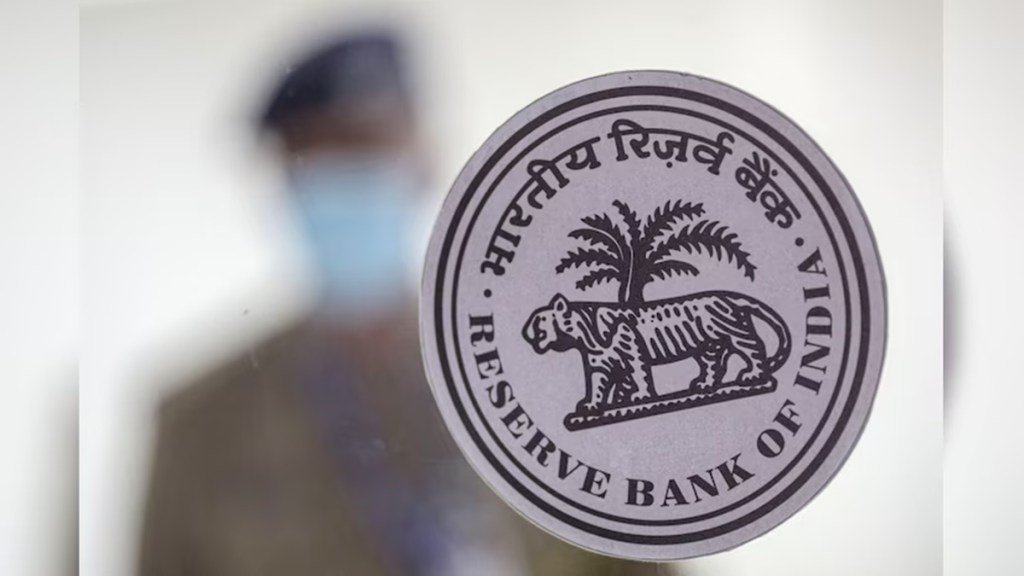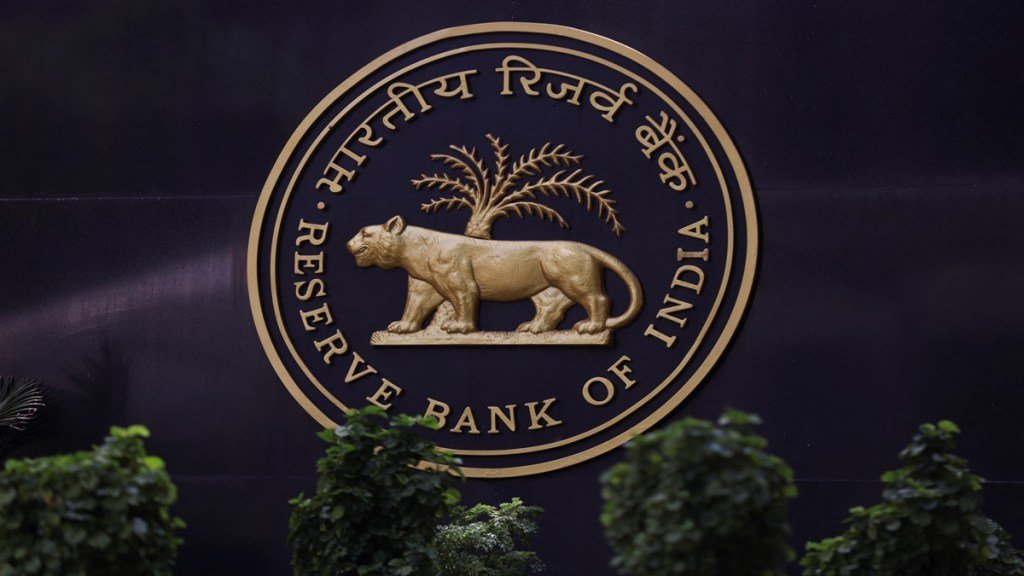
A new tax proposal introduced by House Republicans on May 12, 2025, could have major consequences for Non-Resident Indians and other foreign workers residing in the United States. Among its most debated provisions is a 5% tax on international money transfers made by non-citizens. If enacted, this would represent a significant change in U.S. tax policy, particularly affecting immigrants who routinely send remittances to support family members abroad.
The legislation also aims to make the 2017 Tax Cuts and Jobs Act permanent. It includes proposals to raise the standard deduction and extend the child tax credit to \$2,500 through 2028. President Donald Trump has endorsed the bill, describing it as a positive step and urging lawmakers to support its passage.
Supporters of the proposed remittance tax argue it would help offset the cost of extending tax cuts and contribute funding toward border security measures. They estimate it could bring in billions of dollars in additional revenue for the federal government.
Online reactions have been mixed, especially among immigrant communities and NRIs. Some individuals defended the measure, suggesting that money earned in the U.S. should be spent domestically rather than being sent abroad. They argue that remittances don’t benefit the U.S. economy directly and believe the policy could discourage illegal immigration.
Others voiced strong opposition, calling the proposal unfair. Critics argue that individuals on work visas already pay taxes on their income, and it’s unreasonable to impose an additional fee on their personal financial choices. Concerns were raised about the double taxation of funds and the message such a policy might send to skilled workers who contribute to the U.S. economy but maintain ties with families in their home countries.
There is also uncertainty about whether the bill will pass in its current form. Some observers have expressed hope that Congress will reconsider the potential negative consequences, including the risk of damaging the reputation of the U.S. financial system and the dollar’s standing as the world’s reserve currency.
As the legislation moves toward debate in Congress, immigrant groups and advocacy organizations are monitoring the situation closely, worried about the economic impact and broader policy signals it may send.





















